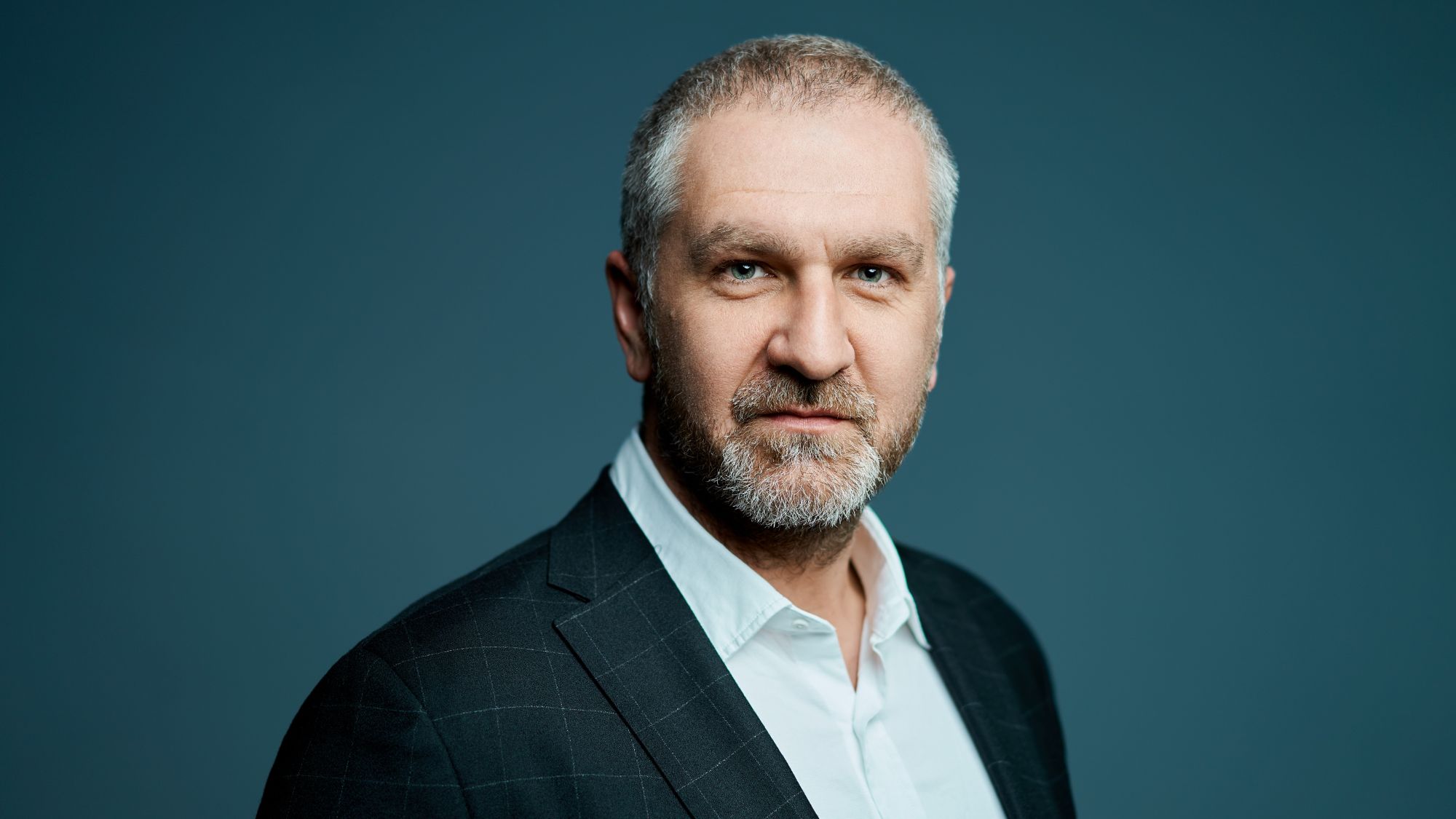The forum brought together more than 600 representatives of government, business, the banking sector, international organisations and academic institutions. Participants discussed the main challenges and solutions in the areas of sustainable development, green recovery and financial resilience in Ukraine. The event was organised by the Association of Sustainable Development Experts (ASDE) in cooperation with the Ukrainian Sustainable Finance Alliance (USFA), with support from international partners and organisations.
Kovalenko took part in a panel titled “Global Changes and a New Architecture of Sustainable Development for Ukraine”. The discussion also featured representatives of the Ministry of Economy, Environment and Agriculture, the National Securities and Stock Market Commission, the United Nations Development Programme’s Green Energy Recovery Programme in Ukraine, the International Finance Corporation in Ukraine, METRO Ukraine and Dixi Group.
What Ukraine’s reconstruction will depend on
According to Kovalenko, Ukraine’s post-war recovery will be shaped by several interconnected factors.
“The most important concern for society is the durability of peace. This is the number one issue for any business: especially for industry,” he noted.
The second key factor, he said, is access to capital: both its cost and long-term availability. “We already have a list of projects ready for implementation. It is precisely access to financing, together with peace, that will determine the pace of recovery,” added Kovalenko.
An equally important condition is the availability of qualified personnel. “The shortage of skilled workers is being felt not only by Metinvest, but by most Ukrainian enterprises. The speed of recovery will depend on whether we have enough engineers, designers and construction specialists,” he emphasised.

Another critical factor is access to modern technology. “Ukraine is not the only country moving towards a green transition. Europe and the developed world share the same goals, so demand for technology will continue to rise, and we will have to compete for access to it,” explained Kovalenko.
He also underlined the importance of effective cooperation between business and government. “Coordination, shared goals and a clear understanding of available resources will determine the success of the recovery,” said the Metinvest representative.
Among the other challenges are market access and the absence of trade barriers. “In the context of war, postponing the implementation of the Carbon Border Adjustment Mechanism (CBAM) for Ukraine is a matter of survival. This would make it possible to keep industrial enterprises operating, preserve supply chains and lay the foundation for the country’s future recovery,” noted Kovalenko.
What influences access to financing
In Kovalenko’s view, a company’s access to international capital directly depends on the level of disclosure in its non-financial reporting.
“When it comes to financing from institutions such as the International Finance Corporation or the European Investment Bank, you will not receive approval until you have undergone a full assessment of your compliance with sustainability standards,” he said.
Even if a company appears attractive to investors, if it does not meet their requirements, it will be required to carry out continuous monitoring and report regularly on its compliance with ESG standards. For most European institutional investors, these requirements are not optional: they are mandatory. “EU financial institutions are obliged to hold in their portfolios only investments in companies that meet specific sustainability standards,” he said.
In the expert’s opinion, Ukraine should take a gradual approach to non-financial reporting and disclosure. “First, it is necessary to go through several reporting cycles and understand how to implement them most effectively, without creating unnecessary burdens. After all, it involves people, salaries and new expertise that must be developed,” he noted.
Kovalenko added that reporting must have practical value. “European standards require not just reporting but also making concrete commitments to improvement. And that means real investment and the ability to demonstrate measurable results,” concluded the Metinvest representative.
